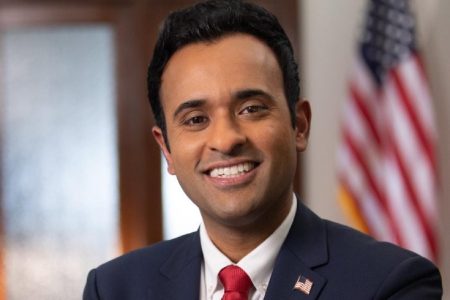
Sheikh Hasina has resigned as Prime Minister of Bangladesh, and the military has now taken control amid escalating protests demanding her departure. General Waker-Uz-Zaman, the chief of the Bangladesh Army, announced that the military will establish an interim government and urged protesters to embrace peace. He emphasized the urgency of the situation and assured that their concerns will be addressed, while calling for an end to the violence.
In his statement, General Waker-Uz-Zaman revealed that discussions with Opposition leaders had resulted in the decision to form a temporary government. He also confirmed Sheikh Hasina’s resignation. Notably, he mentioned that while representatives from the Opposition and civil society attended the meeting, members of the ruling Awami League were absent.
Sheikh Hasina, who had just begun her fifth term as Prime Minister earlier this year, has left Dhaka for India, accompanied by her sister, Sheikh Rehana. Reports indicate that protesters have taken over Gono Bhaban, the official residence of the Prime Minister. The military had reportedly given Hasina a 45-minute ultimatum to step down.
Recent images from Dhaka show protesters vandalizing a statue of Sheikh Mujibur Rahman, the revered leader who fought for Bangladesh’s independence. These actions signify a dramatic shift in the country’s political landscape, as Rahman’s legacy—once a symbol of national pride—is now seen by some as emblematic of Hasina’s controversial governance.
The protests, which began last month, initially focused on a quota system that reserved 30 percent of government jobs for the descendants of freedom fighters. Critics argue that this system unfairly benefits supporters of the ruling Awami League, and have called for a merit-based system. As the unrest intensified, the Awami League attempted to suppress the protests harshly, resulting in over 300 casualties.
Tensions were further inflamed by Hasina’s remarks questioning who else should benefit from the quotas if not the freedom fighters’ grandchildren. Her comments, which referred to the Razakars—an infamous paramilitary force from the liberation war—deepened the divide and fueled anger among the protesters.
The reservation issue has been contentious for years, with past protests leading to changes in the quota system. In 2018, protests forced the government to reduce and cancel some reservations. The recent unrest followed a high court ruling that deemed the 2018 changes illegal, although this ruling was overturned by the Supreme Court. The Supreme Court’s decision to allocate 93 percent of government jobs based on merit while reserving the remaining positions for freedom fighters’ descendants has not quelled the unrest.







